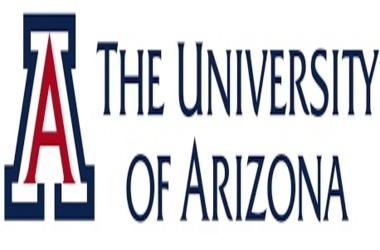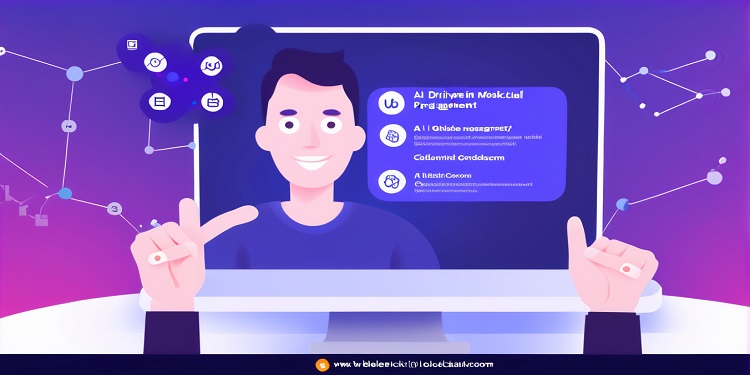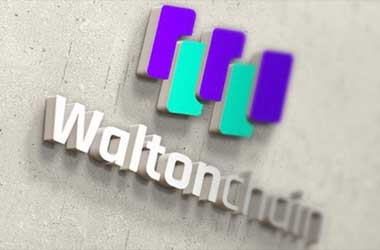 Inside Higher Ed, the news site of Arizona State University, has announced that it is collaborating with community colleges in the same area to share academic credentials via blockchain.
Inside Higher Ed, the news site of Arizona State University, has announced that it is collaborating with community colleges in the same area to share academic credentials via blockchain.
Arizona State intends to employ blockchain to assess whether students who move out of community colleges have obtained adequate credits in order to be handed over an associate degree, which is an intermediate qualification between a diploma from high school and bachelor’s degree.
The process of tracking credits, also referred to as reverse transfer, is a cumbersome and time consuming task. Along with information sharing, colleges have to validate academic records, which are not uniform, and decide whether the credentials match with their own.
In collaboration with cloud software firm Salesforce and its central enterprise unit EdPlus, Arizona State is building a blockchain-powered student information network that would permit partaking institutions to safely exchange and validate academic records.
One of the main intentions in implementing blockchain is to ensure bi-directional information sharing so that community colleges can have up-to-date information on their old students’ progress.
EdPlus CTO Donna Kidwell explained the reason for blockchain implementation:
“We want to optimize those pathways back and forth between us […] so that we can support students who are creating their own path towards a degree.”
Kidwell supposedly stated that such holistic decisions — “DIY” — may also reinvigorate the knowledge of colleges as to how to create and adapt their program offers.
Kidwell stated that the mechanism intends to assess and share information so that students do not miss out from receiving appropriate credential for their efforts put for learning: “saying you have 86 credit hours towards a degree isn’t very meaningful on a résumé.”
Those involved in the project is of the opinion that students who received an associate’s degree have high chances of finishing their bachelor’s degree and that blockchain can offer a robust system to administer cumbersome individual methods via higher education. A coordination of a community college stated as follows:
“Blockchain is going to be the future of academic records.The technology would certainly provide for greater fluidity. It will also allow students to own their own academic records.”
Nevertheless, another advisor stressed that compatibility across institutions continues to be a major hurdle for maximum utilization of blockchain technology, pointing that Arizona State would
“… have to do the very difficult political work to get others to buy into a shared chain. They’ll face questions about sustainability, management and ownership of the information and technology, as well as the challenge of mapping knowledge from different courses at different institutions.”
In the meantime, several top ranked universities worldwide are offering several blockchain and cryptocurrency related courses. In fact a team of Oxford academics have sought powers to grant full degree in the EU by referring it as “blockchain university.”








